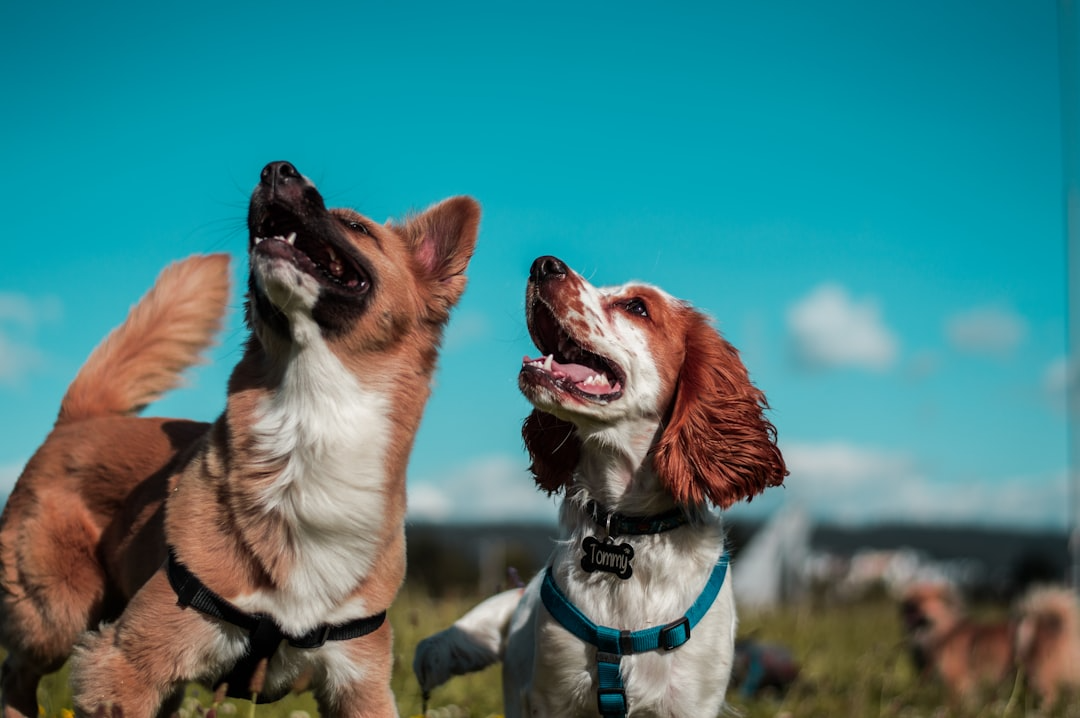Dogs are wonderful companions that bring joy and excitement to our lives. Understanding their unique needs will guarantee their health and happiness. From physical activity and nutrition to grooming and mental stimulation, recognizing these requirements can boost your dog’s quality of life. Let’s explore various aspects of dog care, helping you provide the best possible environment for your furry friend.

Grooming and Cleaning
Depending on the breed, the frequency and method of grooming may differ. Longhaired breeds may require more frequent grooming to prevent mats and tangles. A high-quality deluxe towel for your dog can come in handy to remove dirt, debris, and loose hair from the dog’s coat and achieve a healthy coat and skin. Take this opportunity to check for any signs of skin irritation, pests, or abnormalities.
Bathing will maintain your dog’s hygiene. During bath time, your furry friend dries off comfortably and keeps the surrounding space clean. Don’t forget about regular nail trimming: overgrown nails can result in discomfort and mobility issues. Establishing a consistent grooming routine benefits your dog physically and strengthens your relationship. Many dogs enjoy the one-on-one time spent with their owners during grooming sessions, helping them feel loved and cherished.
Physical Exercise
Just like humans, dogs need regular physical activity to maintain a healthy weight and reduce the risk of chronic diseases. Engaging your dog in consistent exercise can improve their mood, boost their energy levels, and provide a natural outlet for their instincts. Daily walks, play sessions, and agility exercises can contribute to their fitness.
Consider your dog’s breed, age, and fitness level when planning their exercise routine. High-energy breeds require more intensive activities compared to low-energy breeds. Tailoring the exercise to suit their individual needs will help them stay happy and healthy. A well-rounded exercise regimen benefits your dog’s physical health and strengthens the bond between you and your pet.
Nutrition
All dogs require a balanced diet tailored to their life stage, size, and health status. High-quality dog food rich in essential nutrients can support their skin, coat, and energy levels. Be informed about their dietary requirements and choose a diet that meets those needs. Consulting with a veterinarian can provide insight into the best feeding practices for your dog. They may recommend specific brands or types of food based on your dog’s individual needs or any underlying health issues.
Avoid giving your dog table scraps or foods that are toxic to them. Introducing fresh fruits and vegetables into their diet can add to their nutrient intake as long as they are safe choices for dogs. Always provide clean water after vigorous play or during hot weather.
Socialization
Exposing your dog to a variety of people, environments, and other animals helps them become well-adjusted adults. Proper socialization reduces the risk of behavioral problems, anxiety, and fearfulness. Introduce your dog to new situations gradually and in a controlled manner to learn positive behavior.
Taking your dog to parks, dog-friendly events, and training classes can provide the social interactions they need. Arranging playdates with other dogs can help them practice appropriate social skills. Observing how they interact with others will give you insights into their comfort level and confidence. Just remember to monitor interactions to prevent any negative experiences. Be patient and encouraging, as every dog will socialize at their own pace.
Regular Check-Ups
Regular visits allow you to catch any health issues early on, increasing the chances of effective treatment. Your vet will perform vaccinations, dental cleanings, and examinations that are necessary for your dog’s well-being. Keeping up with vaccines can prevent potentially serious diseases. Discuss flea and tick control, heartworm prevention, and spaying or neutering options with your veterinarian. These steps can save you from future health complications and reduce the risk of severe conditions developing.
Establishing a good relationship with your veterinarian facilitates open communication about any health concerns and allows for better guidance tailored to your dog’s specific needs. Frequent health assessments will help catch any changes in behavior or condition that may require immediate attention.
Behavioral Needs
Dogs are intelligent and emotional creatures, capable of experiencing joy, fear, and anxiety. Recognizing signs of stress or discomfort creates a nurturing environment. Investing time in positive reinforcement training promotes a sense of security and encourages good behavior. Training builds discipline and strengthens the bond between you and your dog.
Teaching commands and tricks improves mental stimulation, as it taps into their natural instincts to learn and engage. Providing an enriching environment goes a long way. Offering toys, interactive games, and varied activities keeps your dog mentally stimulated. When a dog is happy and engaged, it exhibits fewer behavioral issues. Creating a safe, stimulating environment will contribute to your dog’s mental health and improve their happiness and life quality.

Understanding your dog’s needs on multiple levels is necessary for their happiness and well-being. From physical exercise to proper nutrition, grooming, socialization, and healthcare, each aspect plays an integral role in their health. When you pay close attention and respond to their needs, you can guarantee your companion enjoys a fulfilling and vibrant life.







